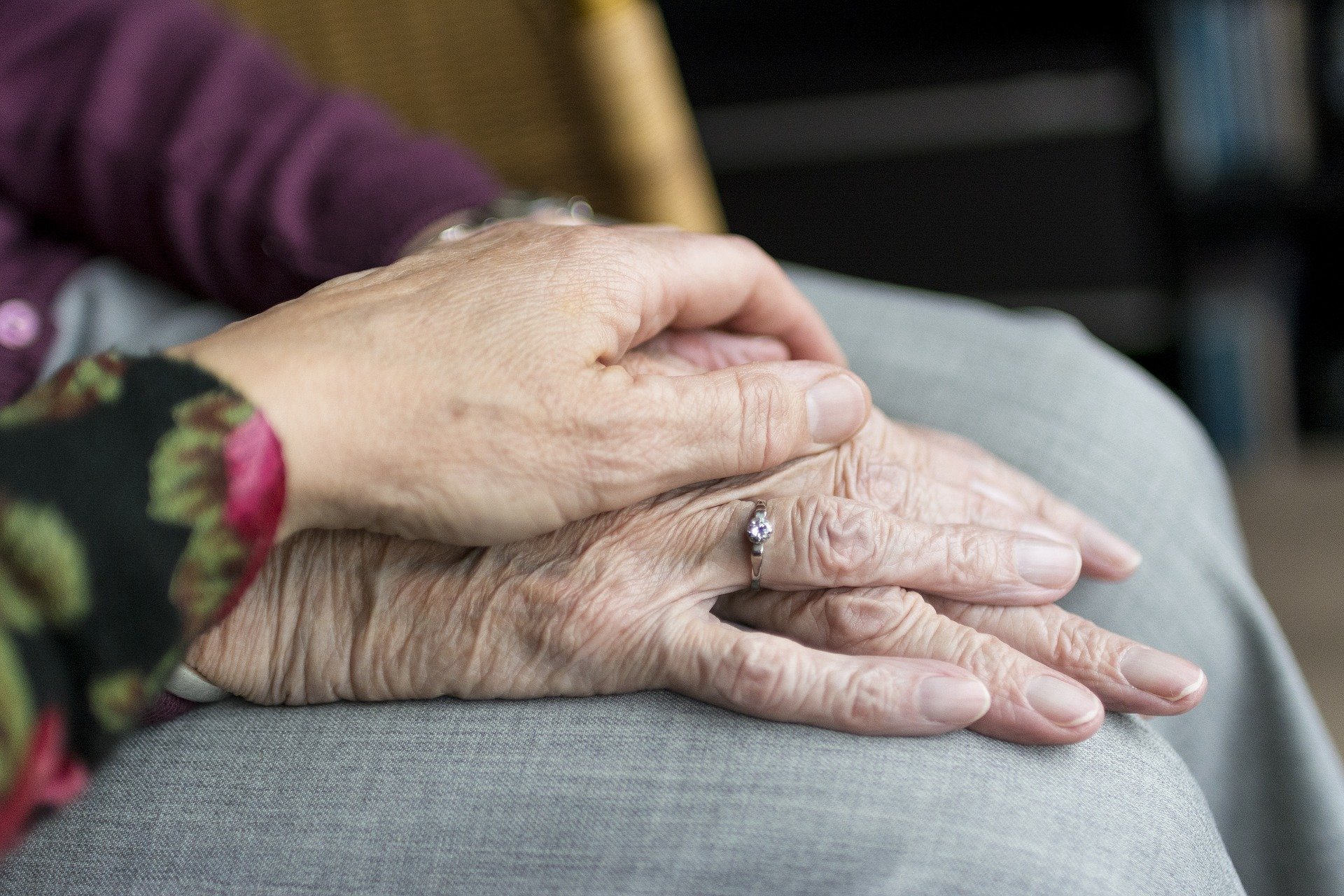
As the largest generation in U.S. history – the population born in the two decades following World War II – enters the age of risk for cognitive impairment, growing numbers of people will experience dementia (including Alzheimer’s and related diseases). By one estimate, nearly 14 million people in the United States will be living with dementia by 2060. As our understanding of these conditions improves, new treatments may slow the progress of dementia and reduce its social and economic impacts. Our publications offer roadmaps for research that addresses the causes of dementia and that improve treatment and support, for both people living with dementia and those who support them. As always, all are free to read online or download.

Reducing the Impact of Dementia in America: A Decadal Survey of the Behavioral and Social Sciences
As the largest generation in U.S. history – the population born in the two decades immediately following World War II – enters the age of risk for cognitive impairment, growing numbers of people will experience dementia (including Alzheimer’s disease and related dementias). By one estimate, …[more]

Nursing homes play a unique dual role in the long-term care continuum, serving as a place where people receive needed health care and a place they call home. Ineffective responses to the complex challenges of nursing home care have resulted in a system that often fails to ensure the well-being …[more]

Patients diagnosed with Alzheimer’s disease and related dementias (ADRD) rely on family members, their community, and the health care system for progressively increasing support over the course of their disease. These people receive care through a frequently siloed health care system across …[more]

On June 28-29, 2021, the National Academies of Sciences, Engineering, and Medicine held a virtual workshop, “Behavioral and Social Research and Clinical Practice Implications of Biomarkers and Other Preclinical Diagnostics of Alzheimer’s Disease (AD) and AD-Related Dementias” (AD/ADRD). The …[more]

Millions of people are living with dementia in the United States and globally. To live well with dementia, people need care, services, and supports that reflect their values and preferences, build on their strengths and abilities, promote well-being, and address needs that evolve as cognitive …[more]

On July 7, 2020, the Committee on Developing a Behavioral and Social Science Research Agenda on Alzheimer’s Disease and Alzheimer’s Disease-Related Dementias hosted a public workshop via webcast. This Proceedings of a Workshop-in Brief summarizes the key points made by the workshop participants …[more]

On July 8, 2020, the Committee on Developing a Behavioral and Social Science Research Agenda on Alzheimer’s Disease and Alzheimer’s Disease-Related Dementias hosted a public workshop via webcast. This Proceedings of a Workshop-in Brief summarizes the key points made by the workshop participants …[more]

On August 14, 2019, the Committee on Developing a Behavioral and Social Science Research Agenda on Alzheimer’s Disease and Alzheimer’s Disease-Related Dementias convened a public workshop in Washington, D.C., as part of the study “Developing a Behavioral and Social Science Research Agenda on …[more]

Considerations for the Design of a Systematic Review of Care Interventions for Individuals with Dementia and Their Caregivers: Letter Report provides input into the design of an Agency for Healthcare Research and Quality (AHRQ) systematic review of evidence on effective care-related …[more]

Preventing Cognitive Decline and Dementia: A Way Forward
Societies around the world are concerned about dementia and the other forms of cognitive impairment that affect many older adults. We now know that brain changes typically begin years before people show symptoms, which suggests a window of opportunity to prevent or delay the onset of these …[more]

Families Caring for an Aging America
Family caregiving affects millions of Americans every day, in all walks of life. At least 17.7 million individuals in the United States are caregivers of an older adult with a health or functional limitation. The nation’s family caregivers provide the lion’s share of long-term care for our older …[more]